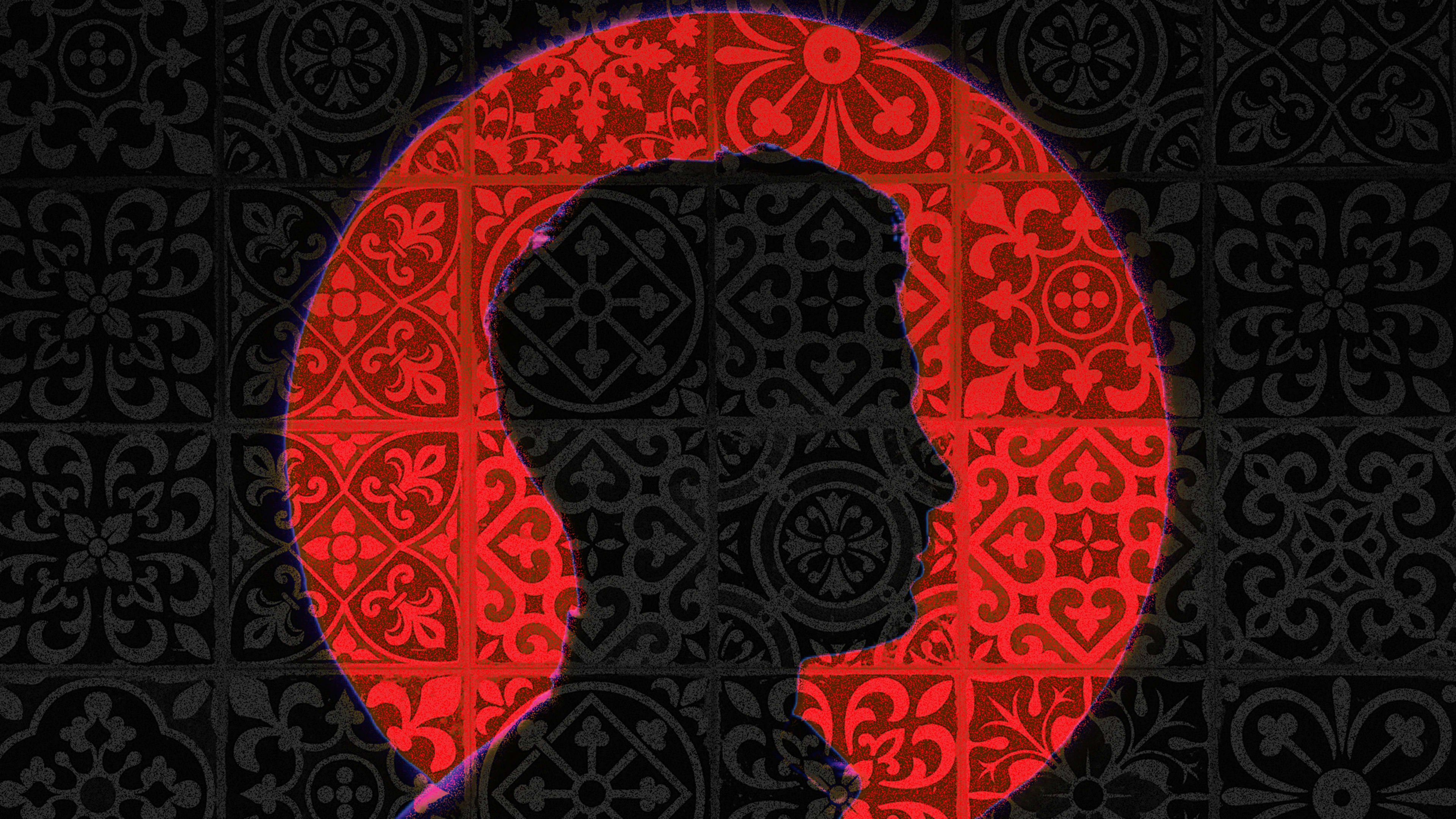Five years ago, I was dangerously suicidal. Graphic intrusive thoughts haunted me for over two decades. My mind kicked off hundreds, sometimes thousands, of those thoughts every day. And while I had a variety of healthy and unhealthy coping mechanisms, I’d never shared my mental health symptoms with anyone, not even my partner of 13 years.
Despite my struggles, I was running a successful creative agency in New York, working with leading brands in entertainment, sports, and media. My lifestyle was on fire. At night, I would self-medicate, and sometimes, self-harm, dragging my arms across sharp objects in the streets of Manhattan. The next morning, I’d scrape out of bed to run 9 a.m. meetings with C-level executives. I knew that what I was doing was unhealthy, yet I found myself taking pride in these extremes.
I finally decided to see a therapist, but I focused the conversation on my depression, self-medication, and self-harm. Even in a clinical environment, I was afraid to share the seemingly psychopathic nature of my thoughts. I remember my first visit well. The warmth of the muted room. The soft light. As I sunk peacefully into her oversized chair, I imagined grabbing her desk lamp and bashing it across her face. I never shared that thought with her. What if she asked me to leave? Or reported me to the police?
On opening up to my employees
Soon after that visit, I found a life-saving article in the Guardian about a subtype of OCD, called Pure O. I realized that my rumination was a treatable condition that 1 to 2 percent of the U.S. population faces. I decided to donate my brain to the cause, tried a half dozen prescription drugs, behavioral therapy, exposure and response prevention (ERP) therapy, and more. I was determined to become an informed expert and use my story and knowledge to save younger versions of myself from wasting 20 years suffering from a treatable mental condition.
At the time, I had only shared my condition with a few family and close friends. But in 2014, I decided to blow the lid off by publishing an account of my OCD experience in Fast Company. I was terrified of the potential consequences. Would I lose employees? Would they be uncomfortable staying late in the office with me? Would family members disown me? How would I get a date with this information out there? Still, I set that anxiety aside, called my team to the conference room, and told them my story.
I’m glad that I made that decision. It’s been four years since I’ve been advocating on behalf of the community. I’ve helped launch platforms that empower sufferers of mental health conditions and promote a DIY approach to advocacy. I’ve spoken about my mental health at SXSW, and most recently, worked with photographer, Ira Chernova, to share the graphic, violent, and taboo nature of my thoughts in an art exhibition in NYC. Through this experience, I have found that my business partners, clients, vendors, and most importantly, my employees, have shown nothing but respect for my brazen vulnerability.
The importance of vulnerability
I’ve since learned that vulnerability in leadership is not an option, but an imperative. To inspire people to do their best work, you need to give them the space to be open about their struggles, and that starts with you. Being open about my issues taught me to lead with empathy, and helped me avoid the management mistakes that I’d made in the years prior. In return, my team has supported me in ways that fill my heart with joy. I’ve also had employees pull me aside and share their stories. In turn, I learned how to be a better manager to people with mental health conditions so that they can thrive. And I hope that I’ve grown to be a more patient and better business partner.
I shared my mental illness with the world because I don’t want anyone to suffer the way that I did, and still do, as a result of 20 years of undiagnosed suffering. And while the exposure is scary, and at times downright overwhelming, I have found that by involving my family, friends, and coworkers in my journey, they have become meaningful parts of my healing.
Aaron Harvey is a partner and cofounder at Ready Set Rocket, a digital marketing agency that has worked with Fast Company in the past. He is also the founder of the mental health advocacy group Made Of Millions.
Recognize your brand’s excellence by applying to this year’s Brands That Matter Awards before the early-rate deadline, May 3.
